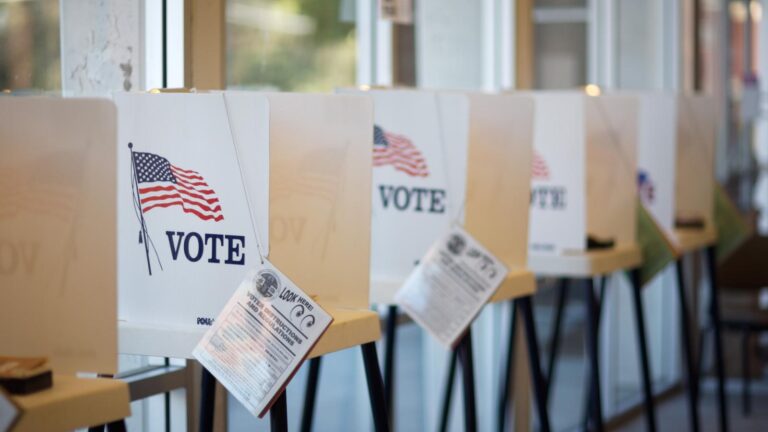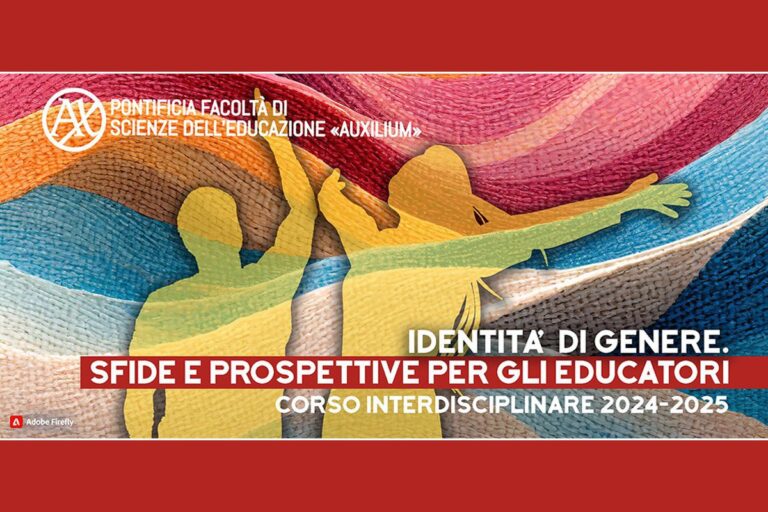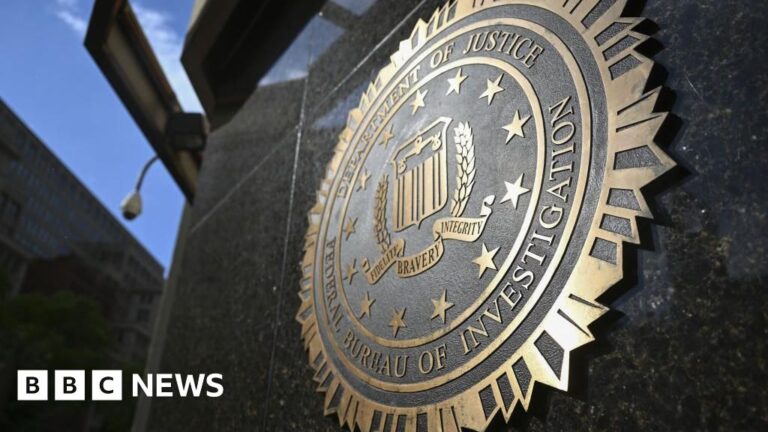Florida University Professors React to New Indoctrination Regulations
Florida Professors Respond to New Education Regulations
In the swirling world of academia, one minute it’s all about breakthrough research, and the next, professors are at the center of a political tempest. Recently, the state of Florida has taken a significant step that’s sent ripples through its university system—new regulations aimed at curbing what some lawmakers believe is “indoctrination” on college campuses. Professors from various Florida universities, particularly Florida International University (FIU), have not taken this lightly, expressing their outrage and concern over these sweeping rules. So, what does this all mean? Let’s dive deep into the ocean of thoughts, reactions, and implications that stem from these new measures.
What Are the New Regulations?
Before we unpack the storm of reactions from professors, let’s break down what these new regulations actually entail. Florida’s legislation primarily focuses on the following points:
- Banning Indoctrination: Professors are being instructed to refrain from teaching ideologies deemed indoctrinative, including systemic racism and oppression. This is a declaration that many feel could silence critical discourse in classrooms.
- Accountability Measures: University faculty will have to comply with state guidelines, face possible penalties, or even job loss if they fail to adhere to the regulations.
- Curriculum Scrutiny: Courses will be scrutinized for content that might promote these ideologies, and educators will now need to justify their teaching materials in a way that aligns with state-approved standards.
These regulations have the potential to reshape the educational landscape in Florida, but how are those who inhabit this landscape feeling about the changes?
The Professors Speak Out
When news of these regulations broke, a cachophony of reactions erupted from professors across Florida’s university system. Most notably, professors associated with FIU voiced their deep concerns, often characterizing the new directives as a “chilling effect” on open discourse in academic settings.
Fear of Censorship
Imagine stepping into your classroom, ready to explore challenging theories, only to realize that your chosen materials could lead to job termination. Professors have expressed fears that these regulations may lead to self-censorship. In essence, they worry about tiptoeing around topics that have historically fostered rich, meaningful discussions.
One FIU professor stated: “We’re here to engage students in critical thinking. If we can’t discuss controversial topics, what are we doing?” It raises a pertinent question—how can you cultivate young minds if you’re doing it with both hands tied behind your back?
Loss of Academic Freedom
The prospect of losing academic freedom is a heavy blow. It’s akin to a musician being told they can only play a selection of tunes, devoid of expression. Many professors view these regulations as an infringement upon their rights to teach and explore diverse perspectives. It’s not merely about teaching content; it’s about embracing and critiquing ideas.
Professors worry that these restrictions will narrow the scope of topics and discussions that students are exposed to. In a world that thrives on dialogue and debate, will students be sent out into the workforce without the ability to challenge conventional thinking?
Pushback Against the Regulations
As pent-up frustration boiled over, many professors banded together to express their opposition to the regulations. A rallying cry has echoed through the halls, with educators participating in discussions, webinars, and even organized protests to voice their disapproval.
Professors advocate that education should be a space for exploration and inquiry. They suggest that the regulations might prioritize political agendas over educational integrity, distancing students from the realities they will face in a multifaceted world.
The Debate: Indoctrination or Education?
At the core of the discussion lies a contentious debate: is there really such a thing as indoctrination in universities? Some leaders believe that elements of systemic racism and oppression are merely blind spots inadvertently perpetuated by a more liberal academic environment. Critics of the regulations argue, however, that the concept of “indoctrination” is being weaponized to stifle educational discourse.
Understanding Indoctrination
Indoctrination, in its essence, means to teach someone to accept a set of beliefs uncritically. In an environment dedicated to education, many professors feel that the appropriate approach should encompass a diversity of perspectives, allowing students to formulate their own opinions through informed reasoning.
When faced with thought-provoking issues like race, gender, and power dynamics, a professor’s job is to instill the ability in students to question and debate various viewpoints instead of accepting a singular narrative. That’s what higher education ought to be about—cultivating critical thinkers rather than mere parrots.
Bridging the Gap
Creating a pluralistic dialogue may be an antidote to the polarized opinions clashing over these regulations. Professors argue that by including various perspectives and addressing controversial topics openly, universities can promote understanding and dialogue, rather than a monolithic approach to ideological persuasion.
In short, isn’t it better to arm students with the tools to question and analyze rather than safeguarding them from ideas that might challenge their views?
The Student Perspective
While the voices of professors are critical, let’s not overlook the students’ reactions. They’re the ones who’ll be navigating this new educational landscape. What are they saying about these changes?
Feeling Censored
Many students have echoed their concerns, voicing that the regulations may inhibit their learning experience. The students want to be prepared for the world, and they recognize that understanding complex social dynamics is crucial for their success.
In conversations on campus, students express a mixture of confusion and frustration. They worry that important discussions around real-world issues may be stifled, leaving them ill-equipped to grapple with life outside the university walls.
A Call for Inclusivity
The overarching sentiment among the student body is clear: they crave inclusivity and open dialogue. They do not want to feel that their education is being edited or watered down. The push for a comprehensive education that embraces diverse perspectives is louder than ever.
What’s Next?
As the debate continues to unfold, one can’t help but wonder about the future of education in Florida and beyond. Will these regulations set a precedent for other states? Will we see an uptick in similar laws aimed at regulating curricula nationwide? Only time will tell.
Potential Consequences
- Faculty Exodus: Many educators feel so stressed by the new limitations that they might consider leaving the profession altogether, which could further impact the quality of education.
- Alterations to Curriculum: Universities may feel pressured to alter their course offerings and class materials, leading to a more homogenized and potentially less engaging academic experience.
- Legal Challenges: With such grave implications, it’s plausible that the new regulations could face legal scrutiny, igniting debates in courts and among policymakers.
Conclusion
In the dance of politics and education, these new regulations are throwing the spotlight on crucial conversations about academic freedom, the role of educators, and the rights of students. While lawmakers argue for a more controlled academic environment, professors and students alike are advocating for a vibrant educational landscape filled with diverse voices and challenging discussions. Ultimately, education fosters understanding, empathy, and critical thinking—qualities that any society should aspire to embrace, not stifle.
As this drama unfolds, what are your thoughts on the balance between educational freedom and the fear of indoctrination? How do we preserve academic integrity while ensuring all voices are heard?
FAQs
1. What are the new indoctrination regulations proposed in Florida?
The new regulations aim to ban teaching methods perceived as indoctrinative, particularly ideas concerning systemic racism and oppression, requiring accountability from educators.
2. How have Florida University professors reacted to the regulations?
Professors have expressed strong outrage, fearing censorship and a loss of academic freedom, stating that these regulations may undermine open discussions in classrooms.
3. What is the main concern among students regarding these regulations?
Many students feel that the regulations will hinder their learning experience and deprive them of essential discussions around complex social issues.
4. Could these regulations spread to other states?
While it’s uncertain, there is a concern that these measures could serve as a precedent for other states considering similar legislation regarding educational content.
5. What might be the long-term effects of these regulations on Florida’s education system?
Potential effects could include faculty leaving the profession, alterations to curricula, and possible legal challenges related to the regulations and their implications for academic freedom.







